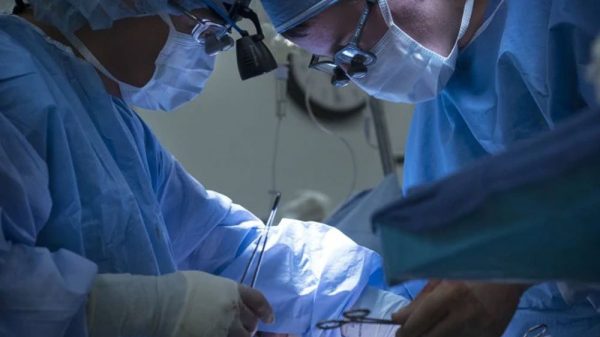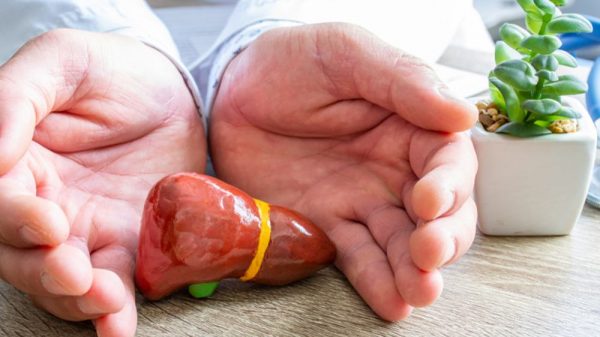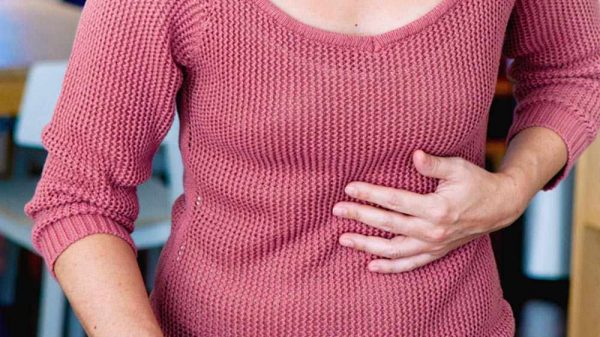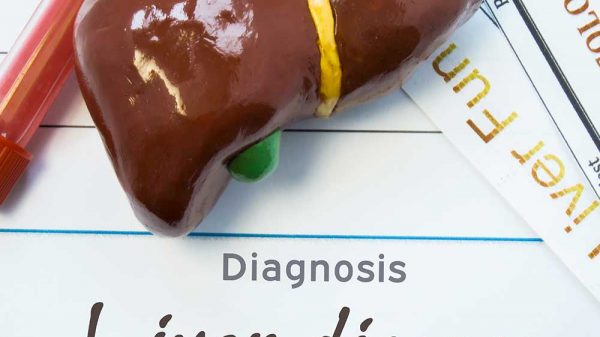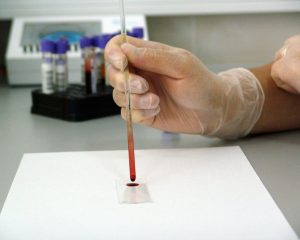We are all exposed to toxins daily. There is a regular influx of toxic elements coming into our body that can overwork your liver and damage it and can lead to cirrhosis. In this article, let us take a closer look at what cirrhosis is and ways on how to treat cirrhosis.
How To Treat Cirrhosis
There is no way to cure cirrhosis. However, you can treat it. There are 2 main goals in the treatment of cirrhosis. The first is to halt the liver damage and stop it from progressing. The second goal is to prevent complications and manage the symptoms. Usually, the treatment plan for cirrhosis depends on the underlying cause. Some of the major causes of cirrhosis include alcohol abuse, fatty liver, and hepatitis. The degree of damage that your liver has suffered also determines what form of treatment you will need. Remember that one of the focuses of treatment is to manage symptoms. Some of the natural measures that can help treat cirrhosis include losing weight, quitting alcohol, and eating healthily. But these natural measures may not be helpful for advanced liver cirrhosis. There comes a time in the progression that the only way out is liver transplantation.
What Cirrhosis is All About?
Liver cirrhosis is a progressive disease where scar tissues develop in your liver and take the place of the normal tissues. Due to this development of scar tissue, dysfunction arises in the liver. It negatively affects many essential processes in your body. Some of the processes affected include blood flow, removal of waste and toxins, digestion, and hormone levels.
We mentioned earlier that alcohol abuse, hepatitis (often caused by a viral infection), and fatty liver are some common causes of this condition. But aside from these, there are many other possible factors. Some of them include genetic factors, poor diet, and high blood cholesterol levels. These are also implicated in liver dysfunction and may increase the risks of developing cirrhosis.
When you have cirrhosis, what happens is that your liver begins to deteriorate slowly, until its damages are beyond repair. If this damage progresses to a point where doctors call it advanced stage or end-stage cirrhosis, you may suffer liver failure Liver cancer may even develop somewhere along the line.
At the point of end-stage cirrhosis, the condition is quite fatal already. Transplantation may be the only option at that stage. But before cirrhosis gets to that point, you can halt its progression by making lifestyle changes. Combined with medical therapies, may help treat or even reverse liver cirrhosis.
Many people don’t notice the symptoms and signs of cirrhosis when they first appear. The symptoms are easy to pass off as something less serious. Some common cirrhosis symptoms include:
- Low energy levels or fatigue
- Lack of appetite for food
- Symptoms of jaundice
- Digestive problems like vomiting, nausea, cramping, and belly pain
- Cognitive and mental issues, such as disorientation, confusion, and personality or mood changes.
- Swollen ankles and legs (edema)
- Skin problems, such as pruritus (feeling itchy)
- Dark-colored urine (deep yellow or brown)
- Dark tar or pale-colored stool.
- Weight changes
- Chronic fatigue
- Easy bruising or bleeding
How to Treat Cirrhosis Naturally
1. Reduce alcohol intake and quit smoking
Heavy intake of alcohol is the most common cause of fatty liver that can lead up to cirrhosis. If you are a healthy adult with no liver disease, you can still drink in moderate amounts. However, long-term heavy drinking can damage any organs in your body, including your liver.
One quick way to destroy your liver is to drink heavily. More so, when you combine it with drugs (either over-the-counter, prescription, or hard drugs), poor diet, and cigarettes, it becomes much more harmful.
You should limit your intake of alcohol to about 30g (1 to two drinks daily). That is what experts consider to be a safe range for adults. It is even better to stay way below this “safe range”. The lower you go the better for you.
2. Watch your weight
The most common form of liver disease in the west today is linked to obesity. Obesity may lead to the development of “non-alcoholic fatty liver”. When this happens, your risk for various liver problems shoots up rapidly.
But excess weight is also dangerous in many other ways. Aside from the risk of liver problems, excess weight is a risk factor for stroke, heart disease, and diabetes. Experts say that if you are obese, your risk of developing liver diseases is about 3-15 times higher than that of an average adult.
As such, one sure way to help your liver is to shed off excess weight. Strive to bring your body mass index within the normal range. That means that your weight must be normal for your height.
Diet for Cirrhosis
You cannot talk about natural treatment and not include diet. Diet is the most basic form of natural treatment for any disease. Aside from chronic alcohol overuse, a poor diet can also cause fatty liver.
If your diet is high in saturated fats (especially low-quality fats), processed foods, fried foods, and chemicals (preservatives and the likes), you are at risk for liver problems.
One key to prevent and treat cirrhosis is to regularly consume enough vegetables, as well as other varieties of whole foods. It will boost your liver health in diverse ways.
Raw vegetables will give you the best benefits for your liver. Aim at 4 to five servings of veggies daily. They should be fresh and, if possible, organic. Juicing your veggies may be a great option.
Note, however, that natural treatment should not be your only approach to treating cirrhosis. If you have cirrhosis, make sure you are being managed by a licensed physician.
